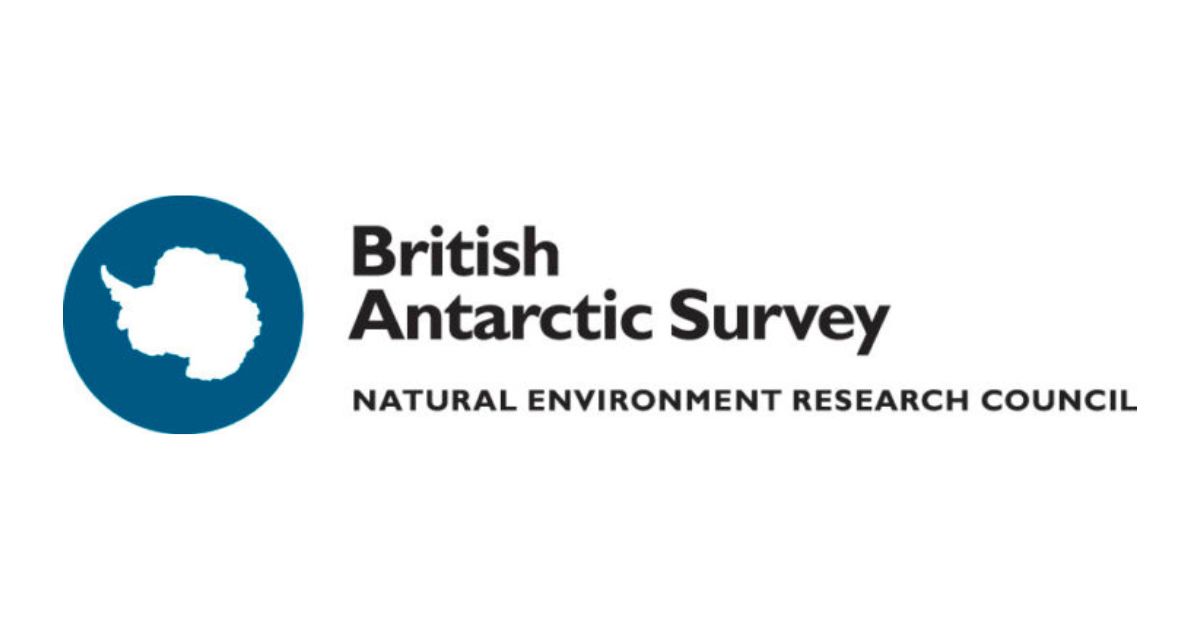British Antarctic Survey (BAS) delivers and enables world-leading interdisciplinary research in the Polar Regions. Our skilled science and support staff based in Cambridge, Antarctica and the Arctic, work together to deliver research that uses the Polar Regions to advance our understanding of Earth as a sustainable planet.
Through our extensive logistic capability and know how BAS facilitates access for the British and international science community to the UK polar research operation. Numerous national and international collaborations, combined with an excellent infrastructure help sustain a world leading position for the UK in Antarctic affairs. British Antarctic Survey is a component of the Natural Environment Research Council (NERC). NERC is part of UK Research and Innovation.
Finfish bycatch is a global problem requiring accurate information to develop conservation and management strategies to preserve ecosystems. Bycatch can occur at different life history stages and spatial and temporal scales, meaning the risk of bycatch is not uniform across a species life or distributional range. The Antarctic krill fishery catches larval and juvenile fish as well as fish eggs as by-catch. This by-catch is often hard to identify to species level, which may influence the accuracy of taxonomic reporting by fisheries observers. Understanding which fish life history stages interact with the fisheries and making sure there is accurate identification of species is important for the successful implementation of ecosystem management measures.
This project aims to:
- Identify which fish species and life stages are caught, using molecular and morphological integrative taxonomy
- Model the spatial and temporal distribution of larval and juvenile fish by-catch.
This will feed into the production of identification and training tools for international fisheries observers.
Purpose:
To assist the Project Leader and project team in delivering all aspects of the Darwin Plus project. The post will use integrative taxonomic methods to understand the spatial and temporal dimensions of fish bycatch in the Antarctic krill fishery. There will be a strong focus on morphological and molecular based laboratory work with the dual aim of developing identification guides for bycatch species and understanding the broader population dynamics of Antarctic fish in the Atlantic sector of the Southern Ocean. This project will have an important role in improving fish by-catch reporting to CCAMLR.
Duties:
- Support the Project Leader in the day-to-day management of the project.
- Undertake consolidation of currently archived and newly acquired samples in BAS holdings.
- Undertake morphological and molecular identification of fish bycatch species.
- Lead the development of new fish bycatch identification materials for fishery observers.
- Assist with spatiotemporal analysis of fishery bycatch data
- Assist with a systemic review of early life history stages of Antarctic fishes caught as krill by-catch
- Liaise with project team and stakeholders and assist/lead the production of project outputs (working group and peer reviewed papers)
Salary: £31,931 to £34,883 per annum Location: South Georgia Application Deadline: August 28, 2022 Contract Duration: Fixed Term Appointment - 30 months





